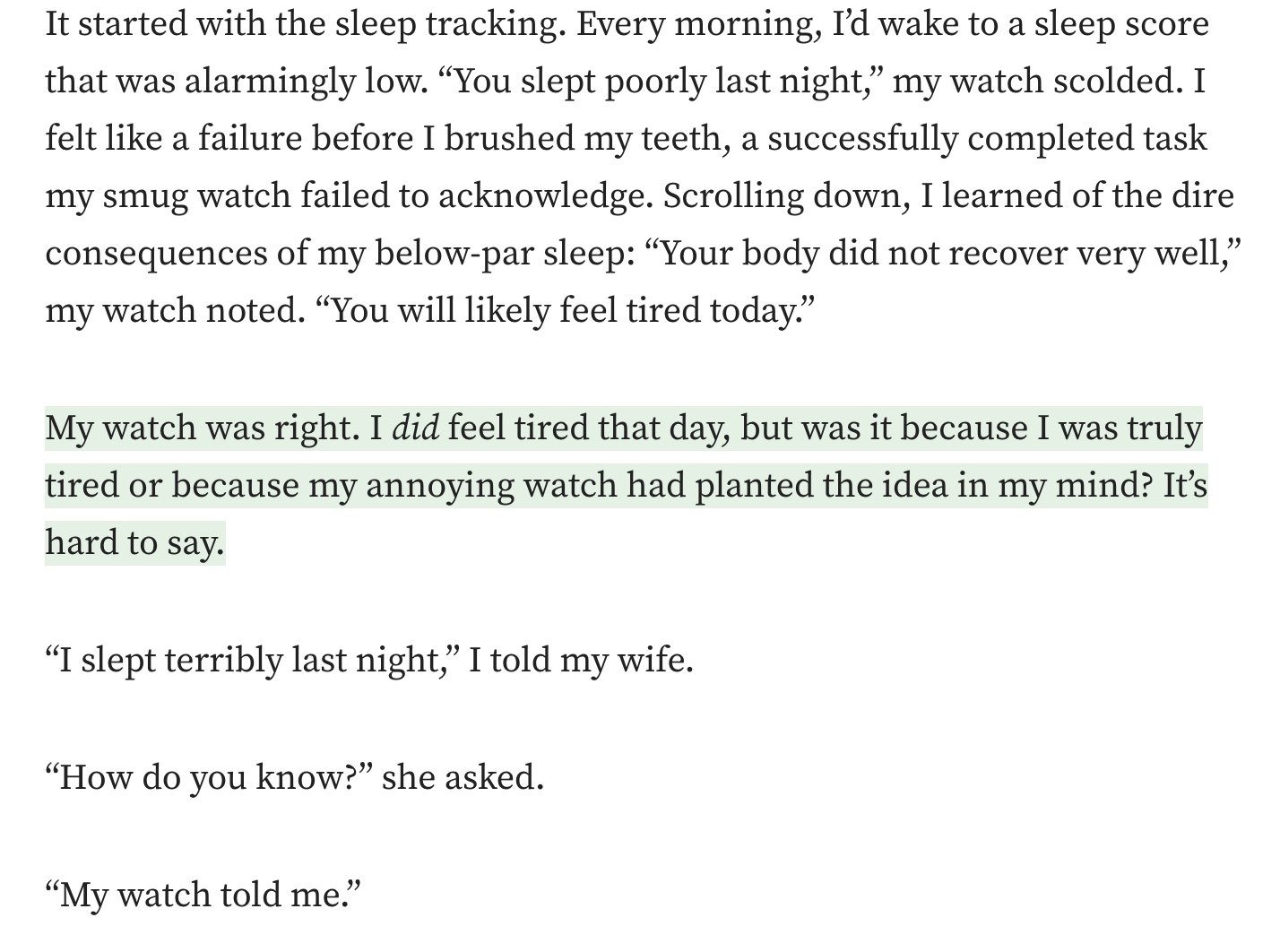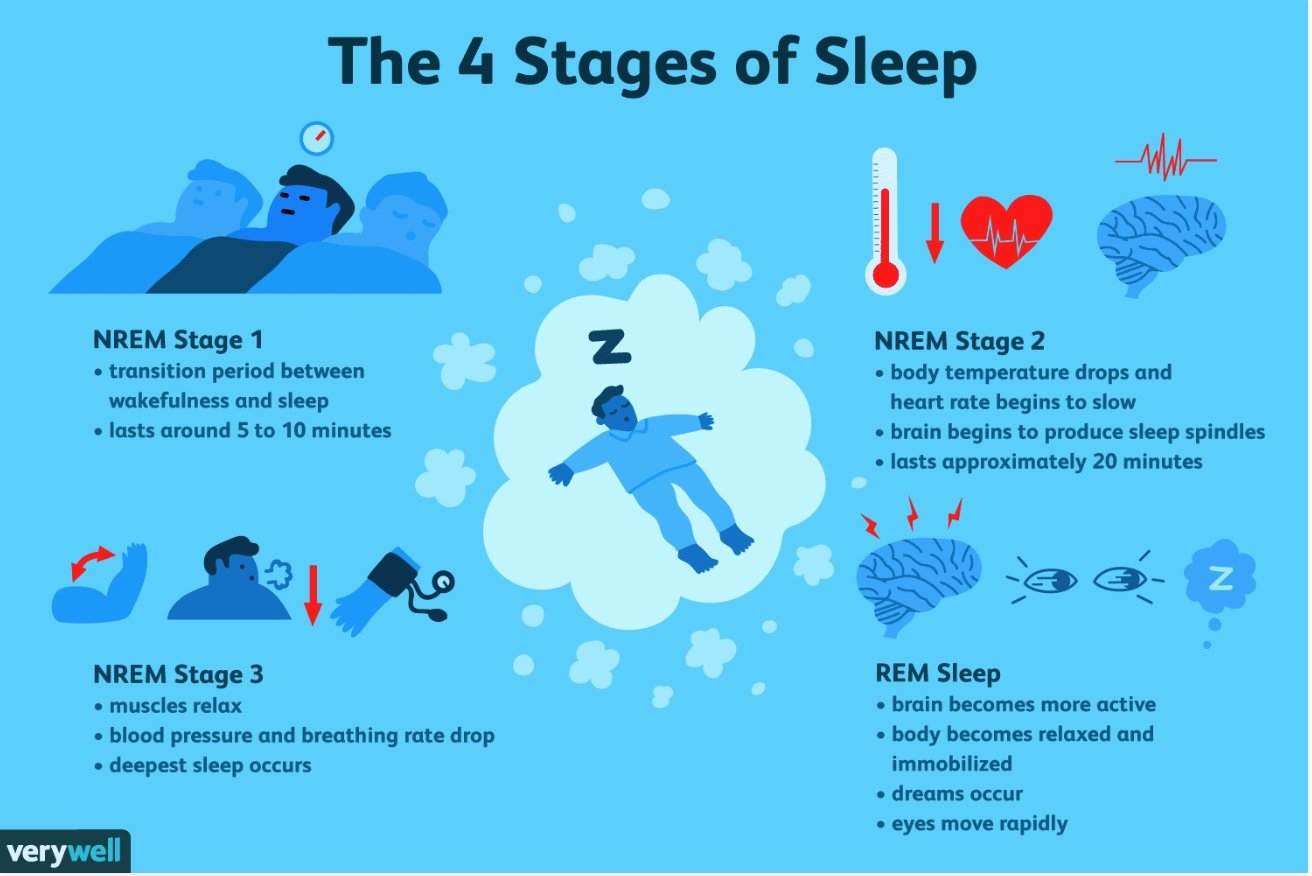Sleep – are you getting enough?
Are you getting enough sleep?
Do you wake up refreshed with your smart watch congratulating you on your night’s sleep?
“Sleep like this should help you stay healthier, happier, and more focused, you’ll have more energy, less hunger and be less susceptible to stress.
Are you getting enough sleep?
Or does your smart watch confirm that your fitful night’s sleep “was shorter than ideal, was interrupted, you slept a bit less than recommended with a lot of time awake. You may not feel well rested today”.
Trust the Science?
Science has linked poor slumber with several health problems, ranging from weight gain to a weakened immune system and most of the sleep research suggests we’re not getting nearly enough sleep, in fact 25% less than we were 60 years ago; even this small reduction in nightly sleep can negatively impact our mental and physical health.
Our body clocks need to be re-set every day and sleep is one of the ultimate performance enhancers; if there was one running hack that you need in your life it’s getting your sleep hygiene under control.
The Body’s Natural MOT
Did you know that sleep is restorative for every single cell, blood vessel, and organ system in the body, like a nightly body MOT!
Evidence suggests that we need more than 7 hours sleep each night to maintain mental and physical optimal performance; after 10 days of just 7 hours sleep it has been found that the brain is as dysfunctional as it would be after going without sleep for 24 hours!
The Guinness Book of World Records has stopped recognising attempts to break the sleep deprivation world record as they consider the risks associated with sleep deprivation too high, the last record recorded for the longest time to stay awake was in 1997 by Robert McDonald who went 18 days, 21 hours, and 40 minutes in 1986.
How Sleep Can Make You A Better Runner
Inadequate sleep can impact the immune system and increase your risk of getting sick. If you’re consistently getting only a few hours of sleep, you’re going to feel it; before you know it, your body will force you to rest when you’re not expecting it.
During that sleep, your body releases growth hormones that help repair cellular and tissue damage, invigorate muscle growth, and stimulate bone building. This makes you better prepared for running the next day. Over time, you adapt to your training better when you sleep well since your body has an adequate opportunity to recover from training.
When you’re in deep sleep, your heart rate and breathing continue to change which promotes cardiovascular health.
Runners who sleep seven or more hours per night are less susceptible to illness. During sleep, the body produces cytokines–hormones that help build immunity and combat infections. These cytokines build a shield around the body to reduce the risk of getting sick. Reducing the risk of illness allows you to train more consistently, which in turn can make you a faster runner. Stronger the immune system, the higher the runner’s performance may be.
Even one night of severe sleep deprivation may cause individuals to fatigue sooner on hard efforts. The sooner an individual fatigues, the slower the run may be.
Runners who sleep less tend to have lower glycogen stores, which means they are unable to produce as much energy in long-distance training runs or races.
To improve sleep quantity - The ideal bedtime is 10pm, since the most restorative sleep usually happens between 10pm and 12am. By going to bed after this window, you’re short-changing yourself out of the copious benefits that sleep provides. An easy way to adopt an earlier bedtime is to set a night-time alarm at 9pm to give yourself a nudge to start winding down. Try it, it works!
To improve sleep quality and decrease sleep fragmentation, try to create a relaxing bedtime routine, and minimize your bedtime screen time, specifically two hours before bedtime. Screens of any kind (TV, laptops, smartphones) emit a blue light which stimulates the awake centre in our brain, so even if we are tired and physiologically ready to sleep, screens can artificially keep us up. Choose a non-screen-based activity like reading an old-fashioned novel, listening to music, or doing a calming yoga sequence or meditation session before bed. These bedtime activities help soothe the sympathetic nervous system and decrease the fight or flight response.





